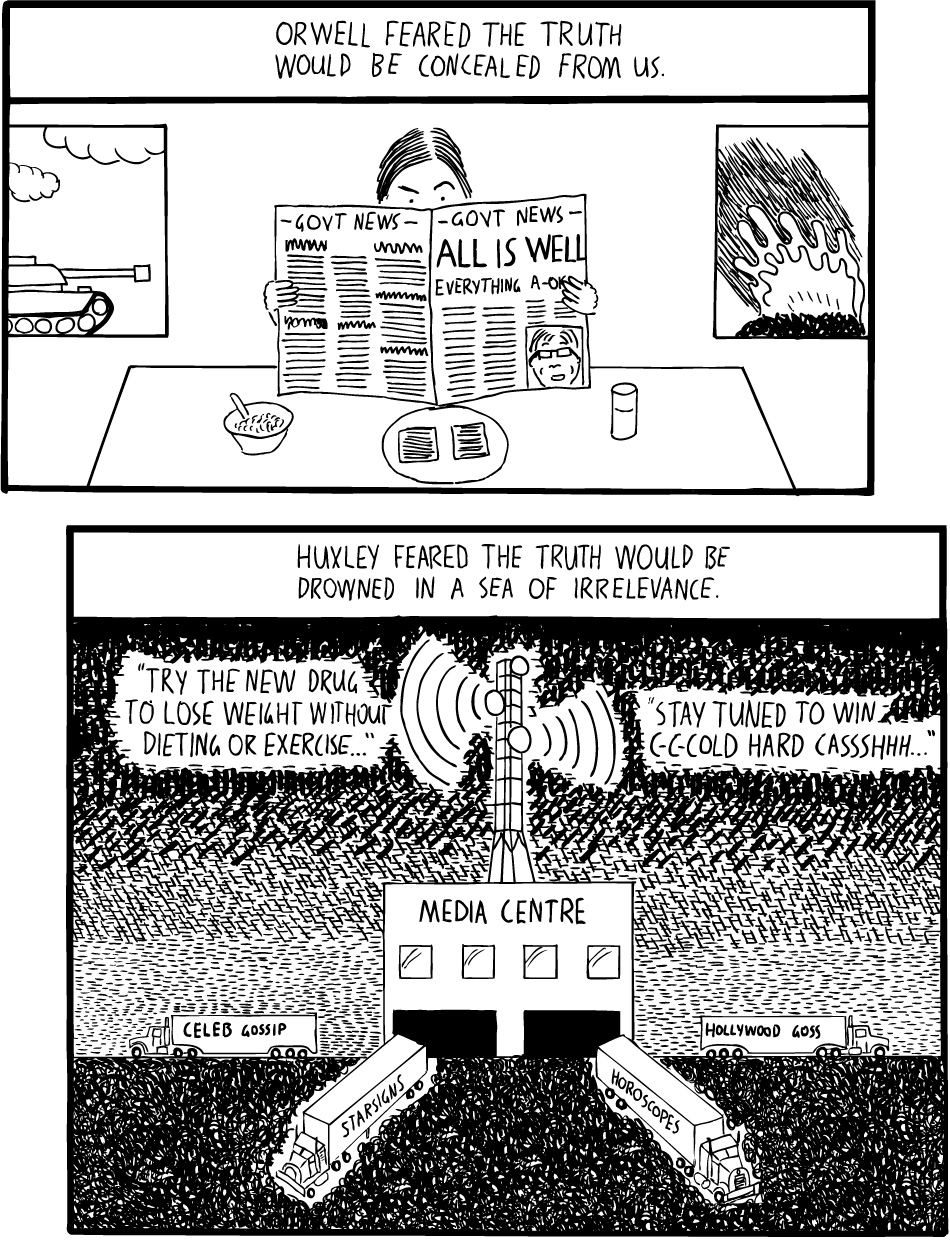 Starlight, star…bright?
Starlight, star…bright?
Many contemporary superstars – celebrities, artists, athletes, etc. – are embracing social networking to enjoy direct, authentic dialogue with the public. Today’s icons let thoughts flow through their fingertips, without the primping and protection of publicists or PR handlers. This is a good idea for the thoughtful, who share information that is complimentary to their image. However, this is a detrimental idea for those who expose a naiveté, bias or thoughts inconsistent with their image.
For professionals who manage sponsorships with these stars, social networking creates accelerated risks. From an issues and crisis perspective, I’ve long recommended “inoculation actions” for sponsorships. Here are those actions, applied to a sponsored star who is active on social networks:
- Reconnaissance. When organizations enter sponsorship agreements, they typically take great pains to find iconic figures that embody its values. The rise of social networking helps potential sponsors know more about these stars than ever before, before inking a deal. When stars are already active social networkers, they provide great indicators on the benefits/risk of a sponsor’s investment, rather than relying on an agent’s good word. If the star is not online networking, there’s still a steady “digi-logue river” that can be tapped, through hashtag or fan-page post searches. Continue reading Inoculate the sponsorship of your socially-networked star


 Earlier this month, the
Earlier this month, the 
 Public Relations Tactics
Public Relations Tactics